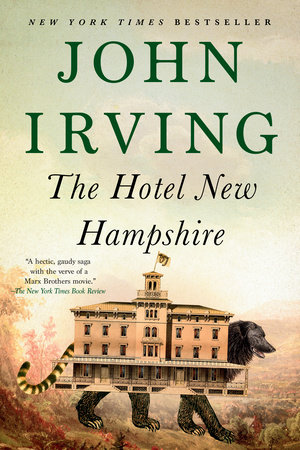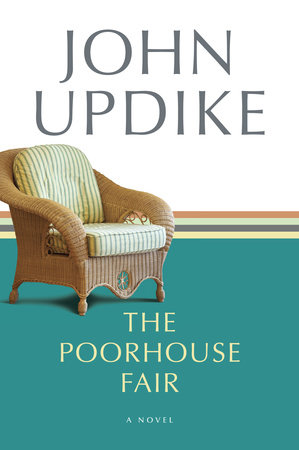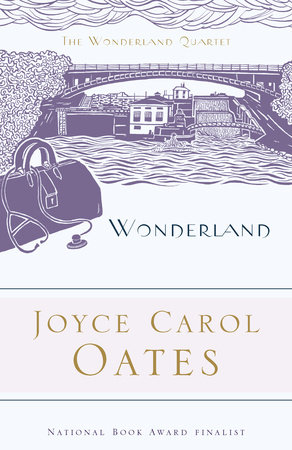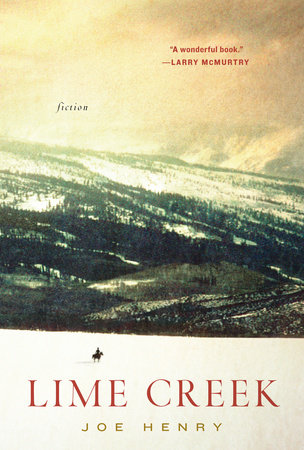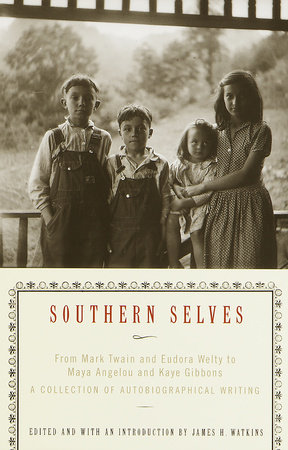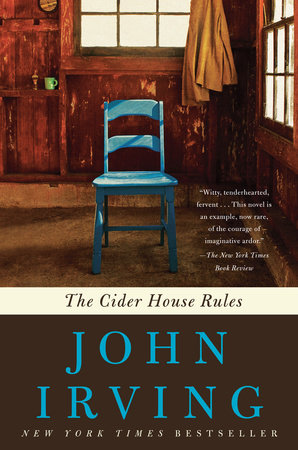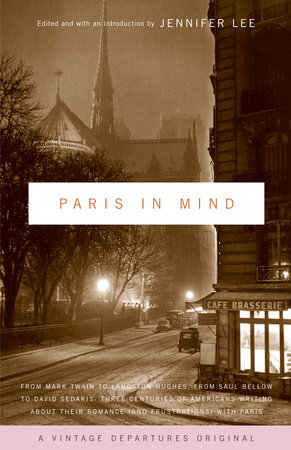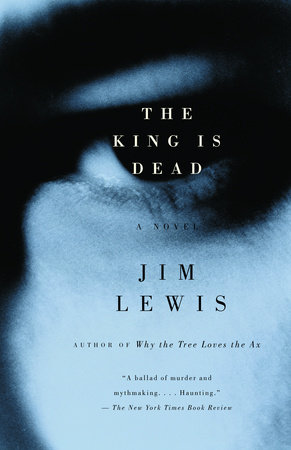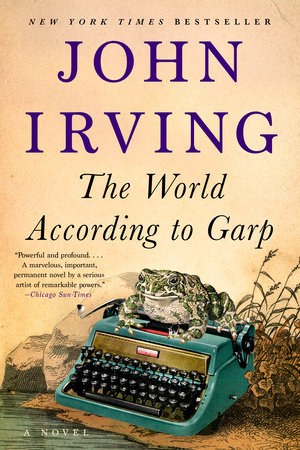An Essay by John Irving
In 1999, the movie version of The Cider House Rules was released, winning two Academy Awards (including one to John Irving for Best Adapted Screenplay). The same year, Mr. Irving published My Movie Business, his candid, anecdotal account of the novel-to-film process. In this excerpt, he discusses director Tony Richardson’s film adaptation of The Hotel New Hampshire.
I’ve never felt as flattered as when Tony Richardson told me he wanted to make a movie of The Hotel New Hampshire, my fifth novel. I loved Tony Richardson’s films. He had a range like no one else– violent or austere one minute, wildly comic the next. The Loneliness of the Long Distance Runner and The Loved One, Tom Jones and The Border. I had no doubt what Tony Richardson would do with The Hotel New Hampshire–a macabre comedy and a fairy tale, not half as realistic as The World According to Garp. Tony didn’t even pretend to be disappointed when I told him I didn’t want to write the screenplay; he wanted to write it himself, which he did.
It was a brilliant screenplay, but Tony’s original vision of The Hotel New Hampshire was of a film in two parts. Some critics of the novel had recoiled at the degree of sexual farce. Not Tony. The film couldn’t be sexual or farcical enough to satisfy him. His was an uncompro-mising vision. He would leave nothing out; he would capture the whole novel, he said.
But now that I’ve had more experience in the movie business, I accept that most films are exercises in compromise. Tony was unprepared to compromise. When Orion Pictures insisted on making one movie, not a film in two parts, Tony refused to significantly cut the script; he shortened scenes, he used a lot of montage, he increased the voice-over, which fast-forwarded many scenes, but in essence he deleted not a single story line or minor character from his two-movie screenplay. The rousing choice of music (Jacques Offenbach) gave to the film the lunatic, exuberant pace of the cancan.
Many good films, like George Roy Hill’s Garp, are toned-down vesions of the books they come from; Tony Richardson’s The Hotel New Hampshire is a deliberate exaggeration of the novel. By speeding up the story to the Offenbach score, Tony heightened both the comedic and the fairy-tale qualities of the book; he enhanced the hectic narrative momentum of the novel. But he paid a price. Many of the minor (and even the major minor) characters were reduced to caricatures– they became cartoon versions of themselves. (Another oft-heard criticism of the film is that you need to have read the novel to know who many of the characters are. Knowing the novel as well as I do, I can’t speak to that charge.)
In addition to fastforwarding many scenes, the voice-over imitated the novel’s persistent foreshadowing accurately, but many film critics have a knee-jerk objection to voice-over, and both film and book reviewers are often suspicious of flashforwarding. (Note: this is not a typographical error. Fastforwarding and flashforwarding are two different things.) In the narrative voice of a novel, or in voice-over, what I mean by "flashforwarding" is any voice of authority that does this kind of thing: "Ten years later, I would regret running over Mrs. Abernathy’s cocker spaniel, but at the time it seemed that the episode would quickly pass."
In a recent review of A Widow for One Year, a book reviewer went so far as to say that the flashforward has a "lesser ontological status" than the flashback; furthermore, the reviewer concluded, the flash-forward is "a subversive, supernatural process." You bet it is. If a novelist or a movie director can’t play God, who can?
Whether in the narrative voice of a novel or in voice-over, what the flashforward does is invite the audience to have a look at the storytelling mechanism itself. Rather than label that process "subversive" or "supernatural," I would contend that most readers and movie-goers like to be given hints of the future. One of the pleasures provided by storytelling, in both a novel and a film, is anticipation.
In the film of The Hotel New Hampshire, Tony Richardson made a purposeful choice–heighten the farce. He fastforwarded and flashforwarded like crazy. In the novel, John Berry (Rob Lowe in the film) is in love with his older sister, Franny (Jodie Foster); John’s infatuation with Franny is both agonizing and bittersweet. In the movie, Tony chose to make John Berry’s incestuous obsession with his sister a comic romp. As for Franny, a rape victim who is later seduced by a terrorist, Tony gave her a tomboy’s enduring toughness and a kind of in-your-face sexual swagger.
But John’s infatuation with Franny was hard for me to see. In the film, I could never convince myself that Rob Lowe, a gorgeous boy– prettier than most girls–could be head over heels for Jodie Foster. Ms. Foster was not nearly as attractive as a young girl as she has become; she is a good-looking young woman, and a terrific actress, but she was not a pretty girl. In the movie, I could have been more easily convinced that Jodie Foster was obsessed with Rob Lowe.
That said, if the incest wasn’t convincing, Jodie Foster and Rob Lowe were otherwise right for their roles, and their supporting cast was first-rate. Beau Bridges as the heedlessly dreaming father was superb; he was exactly as I’d imagined the father of that unfortunate family. And Tony’s decision to make Franny’s rapist and her terrorist-seducer the same actor (Matthew Modine) was shrewd. Mr. Modine was especially good as the terrorist without a conscience, as was Amanda Plummer in her role as the terrorist with a conscience. (Ms. Plummer, who is tongueless in Garp, is also handicapped in The Hotel New Hampshire, where her nickname is "Miss Miscarriage.")
The more eccentric characters, Iowa Bob (Wilford Brimley) and Freud (Wallace Shawn), suffered less as caricatures than did some relatively more realistic minor characters, and both Brimley and Shawn were wonderful. Somewhat less successful in the film was the tragicomic character of Susie the bear (Nastassja Kinski). It was not Ms. Kinski’s fault, although her being visibly pregnant during the shooting did not help her cause. Perhaps she’d mistakenly assumed that she would be wearing the bear suit in all her scenes–hence no one would know she was pregnant. But, alas, there was an all-important love scene between her and Rob Lowe, when of course she was out of her ursine costume–and any other costume–and which Tony was forced to shoot in the half-dark. It was a shame not to see more of her, I thought.
It was Susie who suffered most from the cartoon effects on the characters; she was the principal victim of Tony speeding up two movies to turn them into one. Only once, when Ms. Kinski is dirty-haired and shambling through the Prater in her bear suit (without the head, which she is toting like a lunch pail in one paw), does Susie the bear look like the sexually wounded character she is. She is a symbol for all the sexually wounded, which is what The Hotel New Hampshire is about.
I liked the movie nonetheless. Tony’s interpretation of the novel as sexual cancan is a much more suitable translation of my sense of humor than Steve Tesich’s dialogue in The World According to Garp. But, to most audiences, The Hotel New Hampshire was not nearly as successful a film as Garp. Only in some countries in Europe was it more popular, which may have been the result of Hotel being more popular in parts of Europe as a book, too–I mean more popular than Garp. (The film’s success in Europe may also have been the result of Tony Richardson and Nastassja Kinski being better known there than they are in North America. I don’t know.)
Earlier, before Orion Pictures was involved, there had been some effort to finance the film of The Hotel New Hampshire with money from an interested pizza billionaire. "The pizza money," Tony called it. But soon the pizza magnate began to behave like a producer. "Even the pizza man has an opinion!" Tony said.
Somewhere along the line, the pizza man’s money was spurned and Orion Pictures became the major player; maybe that was when Tony’s idea of a film in two parts was compromised. Tony’s old friend, and The Hotel New Hampshire’s producer, Neil Hartley, tried to explain the intricacies of film financing to me once, but I have never been able to grasp it. Neil was very kind and patient with me, but he might as well have been describing the pleasures and perils of hang gliding to a mole.
Tony Richardson died of AIDS in November 1991. His memoir, The Long-Distance Runner, was found by his daughter Natasha on the day of his death; Tony had hidden it in the back of the same cupboard where he kept his Oscars. I miss him. He was not just another eccentric Englishman living in Los Angeles; he lived there like deposed but flamboyant royalty, like a king who relished his own exile.
There is a picture that was taken of us on one of the locations for The Hotel New Hampshire, an abandoned school somewhere in Quebec. It’s raining. Tony’s poncho balloons around him like a sail. I’m standing in the archway of the massive door to the old school. Tony, standing a step down from me, is still half a head taller than I am. He is standing defiantly in the rain, in profile, his distinctive nose like the beak of an inquisitive bird of prey. For no reason that I can remember, Tony is wearing black elbow-length gloves–like the fireproof, heat-resistant gloves of a man who works in a forge. He wore his eccentricity like that–baffling and absurd, but also with the appearance of something casually acquired, to which he was indifferent. (God knows what those gloves meant to Tony–probably nothing.) That he struck others as bizarre did not matter to him.
I was teaching at the Bread Loaf Writers’ Conference in Ripton, Vermont, when Tony finished shooting the motorcycle scenes in The Hotel New Hampshire. To find a vintage motorcycle with a sidecar had not been difficult; a larger problem had been to make the sidecar strong enough to carry the bear. (I mean a real bear, not Nastassja Kinski.) In both the novel and the film, Freud drives the bear named State o’ Maine around in the sidecar. Wally Shawn must have loved that.
To my surprise, Tony sent me the motorcycle. There was still bear hair in the sidecar. The motorcycle and sidecar had been boxed up and trucked from Quebec to Vermont. It was an illegal, unlicensed vehicle, and dangerous because its brakes were only equipped to stop a motorcycle less than half its power and size. On the dirt roads around Bread Loaf, my son Colin’s preferred method of stopping the machine was to drive off the road and wedge the sidecar between two trees–with my son Brendan in the sidecar. As the father (at the time) of two teenage boys, I quickly decided what to do with the motorcycle; I gave it away.
"Pity," Tony told me later. "If I’d been able to arrange it, I would have sent you the bear."
